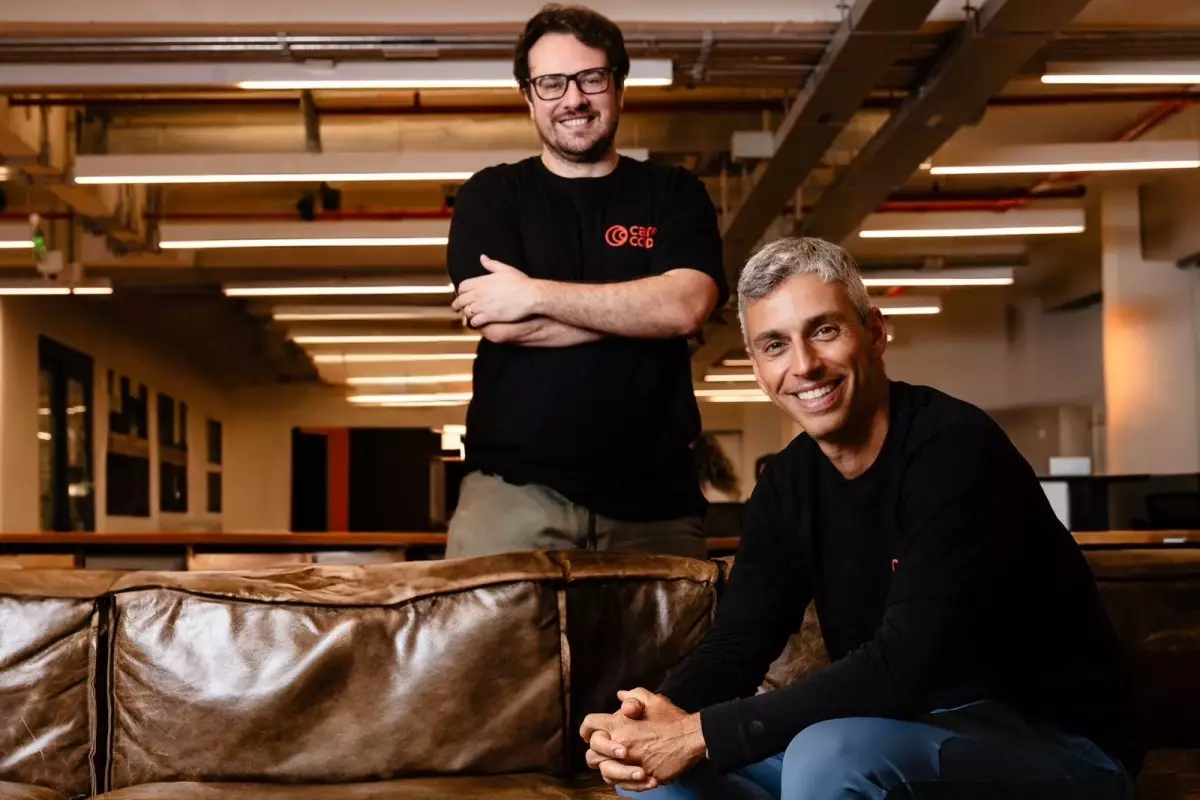The application of artificial intelligence (AI) in healthcare has predominantly focused on enhancing medical diagnostics, treatment planning, and patient care. However, an increasing number of innovative startups are exploring the potential of AI beyond the clinical realm, recognizing its capacity to streamline operational tasks that can significantly impact both healthcare costs and outcomes. Brazilian startup Carecode exemplifies this emerging trend, with a vision to harness AI agents for the optimization of pre-and post-appointment activities—traditionally managed through call centers. By doing so, Carecode aims to alleviate the burden on healthcare providers while improving patient experiences.
CEO Thomaz Srougi, who boasts over a decade of experience in the healthcare industry, advocates for a holistic approach to patient interaction. Reflecting on his career, Srougi emphasized the significance of the interactions that occur outside the doctor’s office, claiming that these moments are just as critical to patient outcomes as the consultations themselves. This philosophy underpins Carecode’s strategy, setting it apart from conventional healthcare practices. Srougi, who previously founded Dr. Consulta—a successful private medical service that raised substantial investment—brings a firsthand understanding of operational challenges in healthcare to Carecode.
Despite the ongoing “startup winter” impacting venture capital availability in Latin America, Carecode has made headlines by successfully securing a $4.3 million pre-seed investment round, primarily backed by prominent firms like a16z and QED. The participation of experienced investors lends credence to Carecode’s potential for success. Both Srougi and co-founder Pedro Magalhães, who formerly served as CTO at startups like BEES Bank Brasil and Zé Delivery, have impressive track records that could prove advantageous in gaining further investment. Their collective clout demonstrates that, even amidst economic uncertainty, experienced entrepreneurs can still forge ahead.
The early results from Carecode’s pilot projects have reportedly surpassed expectations. The startup claims that its AI agents can handle most of the functions typically carried out by healthcare call centers at a fraction of the cost while better managing appointment scheduling by filling vacant slots proactively. This not only optimizes resource use but also ensures patients receive timely engagement from healthcare providers. With healthcare costs being a major concern in Brazil, such innovations could result in more efficient use of funds, allowing for a more focused investment in patient care.
One of Carecode’s defining features is its focus on localized solutions tailored to the unique needs of Brazilian patients. Many users prefer communication through platforms like WhatsApp—especially elderly and low-income individuals who may find typing burdensome. By incorporating both text and audio messaging capabilities, Carecode addresses the practical preferences of its target audience, enhancing user trust and engagement. Srougi has also indicated future plans to expand services to include voice calls, indicating a commitment to continuous improvement based on user feedback.
Differentiating itself from more generalized competitors, Carecode’s vertical approach could offer significant advantages. QED partner Camila Vieira Fernandes notes that pursuing a concentrated strategy allows Carecode to address specific healthcare needs comprehensively, avoiding the fragmentation that often hampers customer experience in other models. This strategy may deter competitors and facilitate the establishment of a competitive moat. The scale of Brazil’s healthcare industry, where companies allocate up to 50% of their revenue on administrative operations and call centers, further reinforces the relevance of Carecode’s mission.
While Carecode is focused on optimizing healthcare operations, the startup’s vision extends beyond its current offerings. Srougi envisions future diversification into related sectors, such as insurance and payment solutions tied to healthcare. This broader scope suggests the potential for a robust business model that could evolve in tandem with the ever-changing landscape of healthcare and technology. As Carecode establishes its presence in the market, it stands poised to revolutionize not only appointment management but also the broader operational aspects of healthcare delivery.
The combination of innovative AI solutions, deep industry knowledge, and an unwavering focus on user needs positions Carecode as a remarkable contender in the evolving healthcare landscape. By prioritizing pre- and post-appointment activities, this startup is on track to not only reduce costs but also foster improved healthcare outcomes through enhanced patient engagement.

